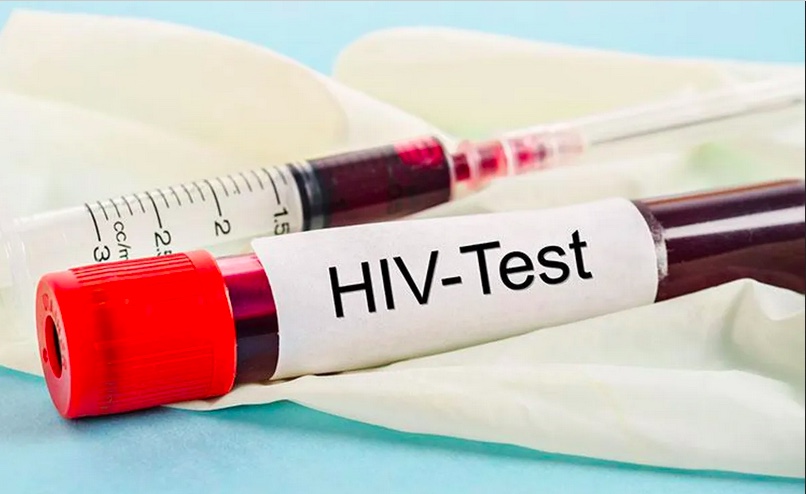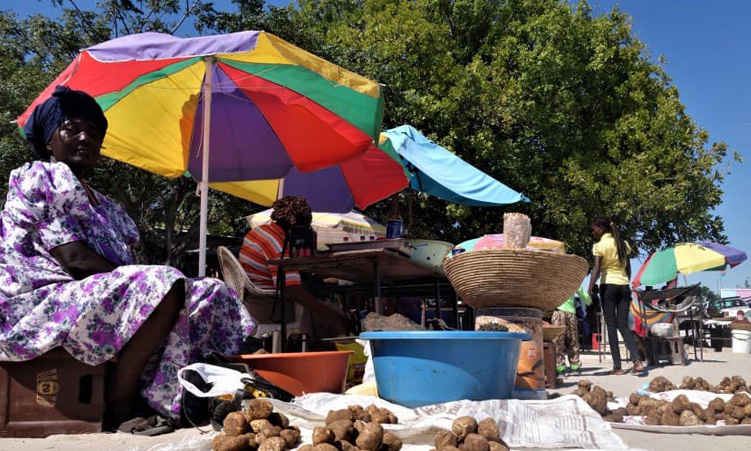A PROJECT destined to change the face of energy efficiency and renewable energy in the country was officially launched recently.
The Renewable Energy and Energy Efficiency Capacity Building in Namibia Project (REEECAP) will contribute greatly to putting Namibia on the road to energy self-sufficiency. The three-year capacity building project will address greater energy awareness in rural areas through the conservation of wood fuel and use of off-grid energy technologies, and urban areas through the introduction of energy efficiency in housing programmes.A third component of REEECAP is the enhancing of capacity in the R3E Bureau to successfully fulfil its mandate in assisting the Ministry of Mines and Energy in co-ordinating Namibia’s renewable energy and energy efficiency projects and programmes.R3E also gather and disseminate reliable energy information and advise the Ministry on the implementation of its Energy White Paper policies regarding alternative energies.The project received funding of N$10 million from the Danish Government.According to R3E alternative energy approaches have been plagued by chronic capacity deficiencies in the past, and found it difficult to compete with well-established conventional energies.It could also not effectively address the apathy regarding energy consumption by Namibian industrial, commercial and domestic users because of cheap electricity imports from South Africa and other subsidised fossil fuel resources.”But things have changed.Each time the petrol and electricity prices increase we smile,” says Robert Schultz, R3E Manager.”We are secure in the knowledge that Namibia’s energy future rests with improved energy efficiency and locally available energy resources.The shift might not be an easy one, but REEECAP’s ingenious approach will assist us to prepare ourselves.”Parallel to the REEECAP project, Namibia has also commenced this year with the multi-million dollar Solar Energy Barrier Removal Project, funded by the UNDP Global Environment Facility and administered by the Ministry of Mines and Energy.Collectively these two projects, along with a host of other smaller projects currently underway, provide the single largest dedicated financial support in the history of Namibia’s road to energy self-sufficiency.According to Robert Schultz, R3E Manager, “the future is about as bright as the sun can get”.The launch of REEECAP was preceded by a six-day seminar, with participants from the Ministry of Mines and Energy, the R3E Bureau, the Desert Research Foundation of Namibia, the Habitat Research and Development Centre and the National Housing Enterprise.The three-year capacity building project will address greater energy awareness in rural areas through the conservation of wood fuel and use of off-grid energy technologies, and urban areas through the introduction of energy efficiency in housing programmes.A third component of REEECAP is the enhancing of capacity in the R3E Bureau to successfully fulfil its mandate in assisting the Ministry of Mines and Energy in co-ordinating Namibia’s renewable energy and energy efficiency projects and programmes.R3E also gather and disseminate reliable energy information and advise the Ministry on the implementation of its Energy White Paper policies regarding alternative energies.The project received funding of N$10 million from the Danish Government.According to R3E alternative energy approaches have been plagued by chronic capacity deficiencies in the past, and found it difficult to compete with well-established conventional energies.It could also not effectively address the apathy regarding energy consumption by Namibian industrial, commercial and domestic users because of cheap electricity imports from South Africa and other subsidised fossil fuel resources.”But things have changed.Each time the petrol and electricity prices increase we smile,” says Robert Schultz, R3E Manager.”We are secure in the knowledge that Namibia’s energy future rests with improved energy efficiency and locally available energy resources.The shift might not be an easy one, but REEECAP’s ingenious approach will assist us to prepare ourselves.”Parallel to the REEECAP project, Namibia has also commenced this year with the multi-million dollar Solar Energy Barrier Removal Project, funded by the UNDP Global Environment Facility and administered by the Ministry of Mines and Energy.Collectively these two projects, along with a host of other smaller projects currently underway, provide the single largest dedicated financial support in the history of Namibia’s road to energy self-sufficiency.According to Robert Schultz, R3E Manager, “the future is about as bright as the sun can get”.The launch of REEECAP was preceded by a six-day seminar, with participants from the Ministry of Mines and Energy, the R3E Bureau, the Desert Research Foundation of Namibia, the Habitat Research and Development Centre and the National Housing Enterprise.
Stay informed with The Namibian – your source for credible journalism. Get in-depth reporting and opinions for
only N$85 a month. Invest in journalism, invest in democracy –
Subscribe Now!






